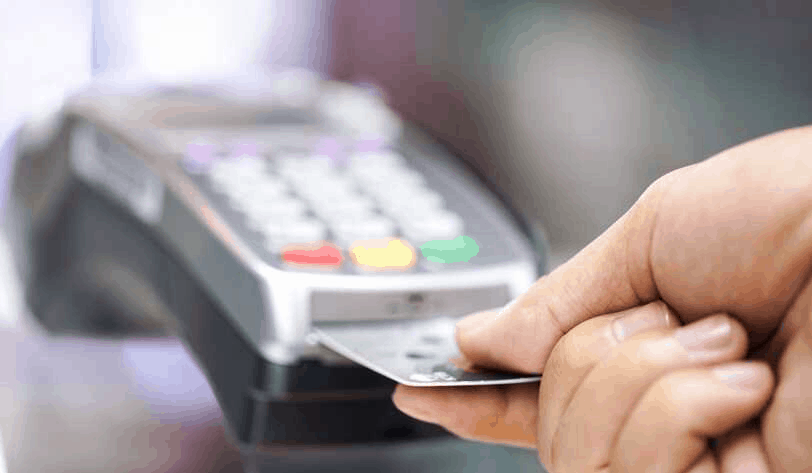What You Need to Know About Chip Readers

Larger retailers have increasingly been targeted for massive data breaches involving the theft of credit card information. From Sony to Target and all points in between, the increased hacking activity has led to big changes in the way credit cards work and how merchants are required to treat the financial information they store on behalf of their customers. One huge change in the retail space is the introduction of EMV chip cards.
What do EMV Chip Cards Mean for Retailers?
If you’re a merchant in practically every industry under the sun, you are either currently required, or will be required soon, to have chip-enabled readers for credit card payment processing. These EMV chip cards offer the latest security technology and help protect your business from the financial fallout of fraudulent purchases made with credit cards.
Magnetic strips on credit cards hold important data that can be used to make credit card transactions. Whoever has access to the information from these magnetic strips has all the information they need to make purchases using that card – even without the card being present.
EMV cards, though, act differently, creating more secure purchasing options by creating unique transaction codes every time the card is used. This code cannot be used in future transactions. It is a one-time use code.
Chip and Signature vs. Chip and PIN Processing
The most secure transactions possible are the chip and PIN transactions. The PIN requirement serves as a second line of security to ensure that the person making the purchase is the actual card holder. But, what are the differences between the two?
- Both require the chip card to be inserted into the reader, creating the unique transaction code.
- Chip and signature cards require a signature to complete the purchase, though businesses are encouraged to verify the signature on the card.
- Chip and signature transactions are predominantly used in the United States. The current trend is transitioning to chip and PIN cards, though, for the added security it represents.
When entering the PIN, customers are essentially verifying they are the actual cardholders since they aren’t supposed to give out their PINs to other people. These efforts, after all, are designed to make credit card transactions more secure and protect the interests of the cardholders.
Chip-Enabled Card Readers
Because EMV cards are the new standard for the credit card industry, and because retailers now bear the brunt of responsibility for fraudulent purchases if they do not have the proper chip-enabled equipment to prevent fraud, it is wise to consider making the switch sooner rather than later.
While you aren’t legally required to invest in chip-enabled card readers, it is a change most small businesses cannot easily afford to overlook. Fortunately, the benefits of doing so are well worth the effort in the protection chip-enabled cards and readers provide.
Differences Between EMV and NFC
With all the abbreviations in the market today, it can get confusing. EMV stands for Europay, MasterCard, and Visa. It’s the abbreviated term used when discussing chip-enabled credit and debit cards. NFC stands for Near Field Communication. This refers to the technology that enables contactless payments, like using mobile wallets or cards with contactless technology built in.
Both offer benefits to customers using them but require different technology for merchants to accept and process. Some payment processing equipment is designed to accept both forms of payment. You’ll have to check with your payment processing service provider to learn about the equipment options available to you if you want to accept these types of payments.
Zenti Services is committed to helping merchants, like you, protect your interests through the payment processing services we offer on a monthly basis, with no long-term commitments. In addition to transparent pricing, we also believe it’s important to educate merchants about your payment processing options and what they mean for your business. Contact us today to learn more about our free payment processing equipment, including EMV and NFC readers, and what they could mean for your business.
Read Next

Find out whether Authorize.Net works for high risk merchants, what restrictions you might face and how to get approved.

Get expert advice on selling CBD products on Shopify, including compliance tips and setting up secure payment options.

Find out why Square may deactivate merchant accounts and steps to resolve issues and maintain uninterrupted payment services.
Need a High-Risk Merchant Account?
Disruption-free payment processing at the best price for your situation, guaranteed.
Get Free Guidance Now!